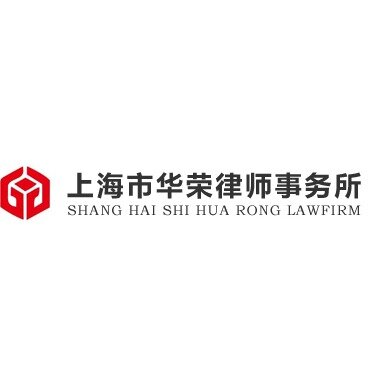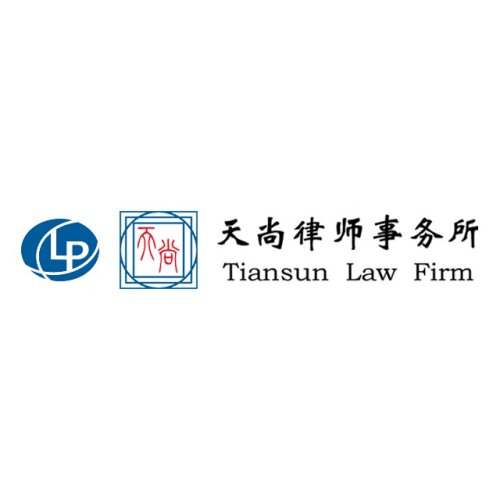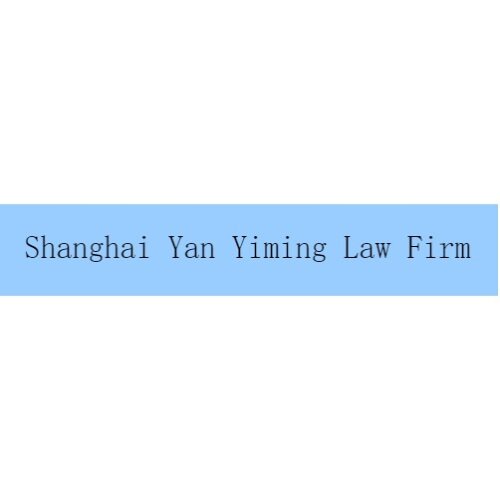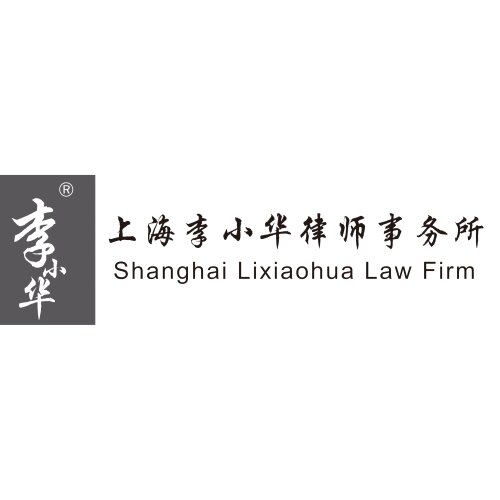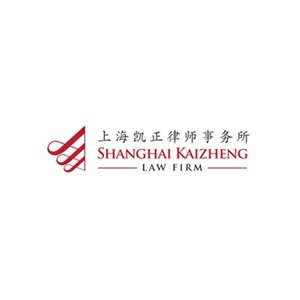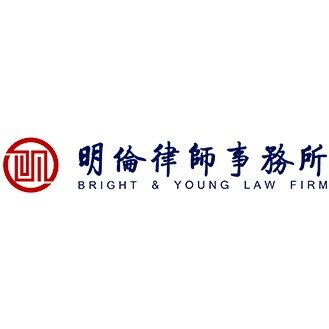Best Merger & Acquisition Lawyers in Shanghai
Share your needs with us, get contacted by law firms.
Free. Takes 2 min.
List of the best lawyers in Shanghai, China
About Merger & Acquisition Law in Shanghai, China
Merger and Acquisition (M&A) activities in Shanghai, China, are distinguished by a dynamic environment driven by China's robust economic growth and the strategic significance of Shanghai as a global financial hub. M&A transactions in Shanghai involve a comprehensive array of legal, regulatory, and commercial challenges. The legal framework governing M&A is complex, combining national laws with local regulations issued by municipal authorities in Shanghai. This mixture ensures that the economic interests of foreign investors are aligned with national growth objectives while safeguarding local interests. The M&A process involves due diligence, deal negotiation, contract drafting, and compliance with antitrust and securities regulations.
Why You May Need a Lawyer
Engaging in M&A activities in Shanghai often necessitates legal assistance due to myriad complexities. Some common situations requiring legal expertise include:
- Navigating the intricate regulatory frameworks and obtaining necessary approvals from governmental bodies.
- Conducting thorough due diligence to uncover potential liabilities and verifying financial statements and compliance history.
- Negotiating and drafting transaction documents to ensure they reflect the terms agreed upon by all parties.
- Advising on tax implications and choosing structures to optimize tax efficiency.
- Facilitating negotiations to resolve disputes that may arise during the M&A process.
Local Laws Overview
The regulatory landscape for M&A in Shanghai is shaped by national laws and local regulations, creating a framework that investors must navigate judiciously:
- Foreign Investment Law: Governs the entry and operation of foreign M&A in China, impacting deal structuring and sectorial investment limits.
- Anti-Monopoly Law: Ensures fair competition and requires significant transactions to receive clearance to prevent market domination.
- Company Law: Addresses corporate governance and restructuring, critical during mergers and acquisitions.
- Contract Law: Crucial for drafting acquisition agreements to clearly delineate rights and obligations.
- Securities Law: Relevant for M&A involving public companies, focusing on disclosure and transparency requirements.
Frequently Asked Questions
What are the first steps in an M&A transaction in Shanghai?
The initial steps typically include defining strategic objectives, market research, identifying potential targets or buyers, and preparing for due diligence.
Can foreign entities purchase Chinese companies in all sectors?
Foreign investments in China are subject to the Negative List, which specifies restricted sectors. Outside these sectors, acquisitions are generally permitted.
How long does a typical M&A process take in Shanghai?
The duration can vary significantly, from several months to over a year, depending on transaction complexity, regulatory approvals, and negotiation intricacies.
What due diligence is required in an M&A transaction?
Due diligence involves comprehensive checks on financials, legal compliance, commercial activities, intellectual property, human resources, and more.
Are there specific antitrust laws affecting M&A in Shanghai?
Yes, transactions may require clearance under the Anti-Monopoly Law, especially when they involve large market shares or significant economic entities.
What are the tax implications of M&A transactions?
Tax implications may involve income tax, value-added tax, transfer tax, and other levies. Proper structuring can mitigate adverse tax effects.
How is employee transition handled during an M&A?
Employee transition must comply with local labor laws, considering issues like transfers, compensation, and contracts to ensure smooth integration.
Can due diligence uncover all risks in an M&A transaction?
While due diligence minimizes risks by identifying potential issues, some risks can be hidden or emerge post-transaction, necessitating thorough investigation.
What role does the Shanghai Municipal Government play in M&A?
The Shanghai Municipal Government may influence M&A through local regulations and development plans that align with economic strategies.
Are there legal implications for non-compliance in M&A transactions?
Non-compliance can result in fines, transaction nullification, and reputational damage. Legal guidance is crucial to ensuring adherence to regulations.
Additional Resources
For more information on M&A in Shanghai, consider the following resources:
- China Securities Regulatory Commission (CSRC) - Oversees securities transactions and market regulation.
- Ministry of Commerce (MOFCOM) - A pivotal body regulating foreign investments and trade in China.
- State Administration for Market Regulation (SAMR) - Responsible for anti-monopoly reviews and market oversight.
- Local law firms specializing in M&A can offer tailored advice and support.
Next Steps
If you require legal assistance in M&A in Shanghai, it’s advisable to:
- Consult with a legal professional who specializes in Chinese M&A law to understand your specific needs.
- Prepare detailed documentation of the transaction including business plans, financial records, and compliance history.
- Engage with local government bodies as needed to ensure adherence to all regulatory requirements.
- Consider language and cultural differences and their impact on negotiations and contract drafting.
Taking these steps will help ensure a comprehensive approach to navigating the legal landscape of M&A in Shanghai.
Lawzana helps you find the best lawyers and law firms in Shanghai through a curated and pre-screened list of qualified legal professionals. Our platform offers rankings and detailed profiles of attorneys and law firms, allowing you to compare based on practice areas, including Merger & Acquisition, experience, and client feedback.
Each profile includes a description of the firm's areas of practice, client reviews, team members and partners, year of establishment, spoken languages, office locations, contact information, social media presence, and any published articles or resources. Most firms on our platform speak English and are experienced in both local and international legal matters.
Get a quote from top-rated law firms in Shanghai, China — quickly, securely, and without unnecessary hassle.
Disclaimer:
The information provided on this page is for general informational purposes only and does not constitute legal advice. While we strive to ensure the accuracy and relevance of the content, legal information may change over time, and interpretations of the law can vary. You should always consult with a qualified legal professional for advice specific to your situation.
We disclaim all liability for actions taken or not taken based on the content of this page. If you believe any information is incorrect or outdated, please contact us, and we will review and update it where appropriate.



